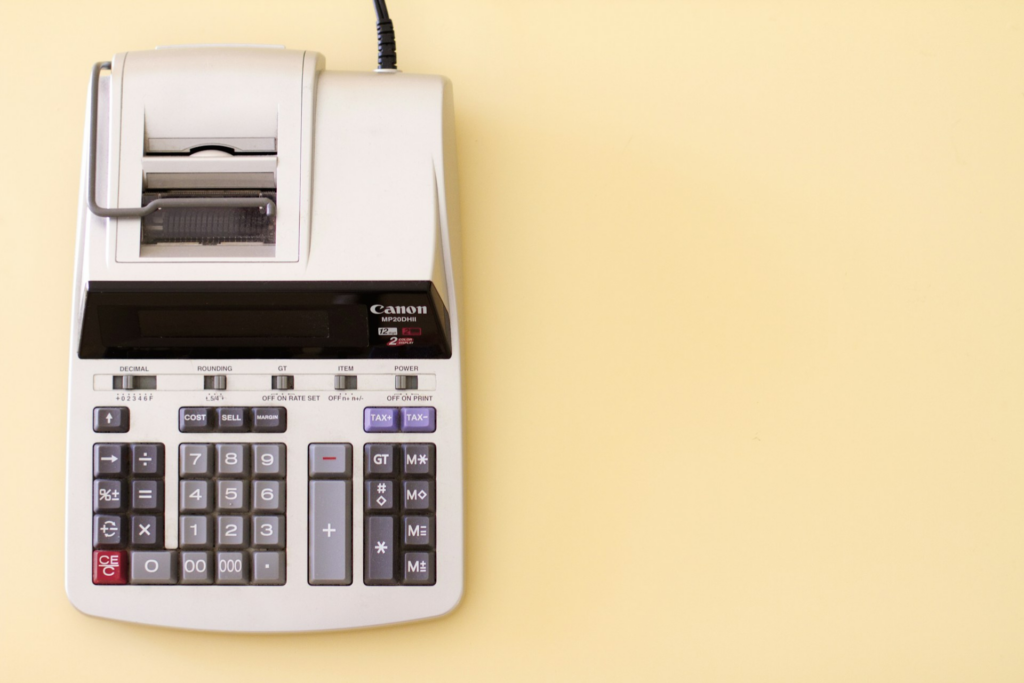Far too many people have a popular misnomer about the accounting profession: An idea that the field is a monolith and that an accountant can enter any financial specialty.
Of course, nothing could be further from the truth.
In reality, the accounting field is chock-full of a vast array of specialties, requiring you to prepare appropriately, meet specific technical requirements, get the right education, and earn the appropriate certification. Three accounting fields—public accounting, corporate finance, and forensic accounting—are among the most popular and sought-after specialties.
Certifications and Qualifications for a Career in Accounting
Certified public accountants (CPAs) typically work with personal or business clients to help them manage their books, plan for the future, and maximize tax breaks. CPAs will usually need to pass a licensure exam administered by the state. States usually require that individuals have a bachelor’s degree, minimum work experience (typically defined as a certain amount of hours of work), and pass a licensure exam. There is also typically a continuing education requirement to take a certain number of classes over a certain period.
A job in corporate finance will allow you to work in a specific corporate environment. Accountants with these roles typically prepare budgets, perform financial analysis, manage books, and ensure appropriate compliance and regulation. Corporate finance accountants do not have any additional certification requirements. However, an education that emphasizes corporate finance and additional internships with corporations will help you if you are seeking a role in this field.
Forensic accounting is a field that analyzes an individual or organization’s finances to ensure the accuracy or determine potential wrongdoing. To become a forensic accountant, you must take courses in forensic accounting and earn your CPA license. From there, you can earn specific forensic accounting certifications from the Certified Forensic Accountant Credentialing Program. In addition to the above experience, applicants must have two years of accounting or auditing experience.
Accounting Job Salary Ranges
Salary ranges vary depending on various factors, including where you live and how many years of experience you have.
For CPAs, the median salary is around $78,000, according to the Bureau of Labor and Statistics.
The average salary for jobs in corporate finance is between $173,000 and $297,000. This is much higher than your standard CPA practice but involves more work and responsibilities. It also likely involves additional educational requirements or certifications.
When it comes to forensic accounting, salaries will typically range between $56,900 – $68,800. Forensic accountants with more experience, or those who have developed expertise in a certain area, will often pay more.
Pros and Cons of Different Accounting Career Paths
Like all specializations, accounting career pathways come with various pros and cons.
CPAs can enter a growing profession with plenty of demand and a robust salary. The job has predictable periods of ups and downs, with the busy season typically occurring near tax time. However, this can lead to stress and overwork. Furthermore, AI is becoming a growing threat to accountants, potentially threatening the long-term future of the profession.
The biggest positive for corporate finance is the pay, which is far above most other accounting fields. Entering this field also gives you access to many other financial specialties, allowing you to grow your skills and diversify your resume. However, this position can be deeply stressful and negatively impact work-life balance. Furthermore, your career is largely tied to the success or failure of your organization. You may find yourself out of a job if your employer has financial trouble.
Forensic accounting can be a deeply exciting profession. Working in this field can allow you to track money, ensure justice, and crack down on financial crimes. Forensic accountants regularly have high job satisfaction levels, noting that each case’s challenge keeps you engaged and active. On the other hand, it can take time to get into this field and earn the necessary certifications. Furthermore, the job is stressful, and the pressure can be particularly problematic.
Accounting Job Outlook and Growth Opportunities
For CPAs, the growth rate is expected to occur at 4%—roughly average compared to other professions. There are currently more than 900,000 job openings in corporate finance, with more expected to occur every year. Finally, forensic accounting is also growing at 7% annually.
Tips for Advancing in Accounting
While different specialties offer different career pathways, each offers a somewhat similar set of basic tactics you can use to advance your career:
- Intern with a company, and take that internship seriously: It may lead to a job in the future.
- Keep up-to-date with the legal and regulatory changes in your field. Doing so will make you an expert in this area and may mean your colleagues turn to you when they have questions.
- Find networking opportunities in person and online. Doing so may lead to more clients or job opportunities.
- Make sure to embrace technological changes. Doing so can make you better at your job and stave off any threat that tech may pose to your profession.
- Keep your entrepreneurial skills sharp. Doing so will ensure you can gain clients and potentially build your own business.
Takeaway
If you want to work in accounting, you are in luck: There are many options for specialization. By selecting the right specialization, you can ultimately start a rewarding and well-paying career in accounting.

Connect with MRINetwork